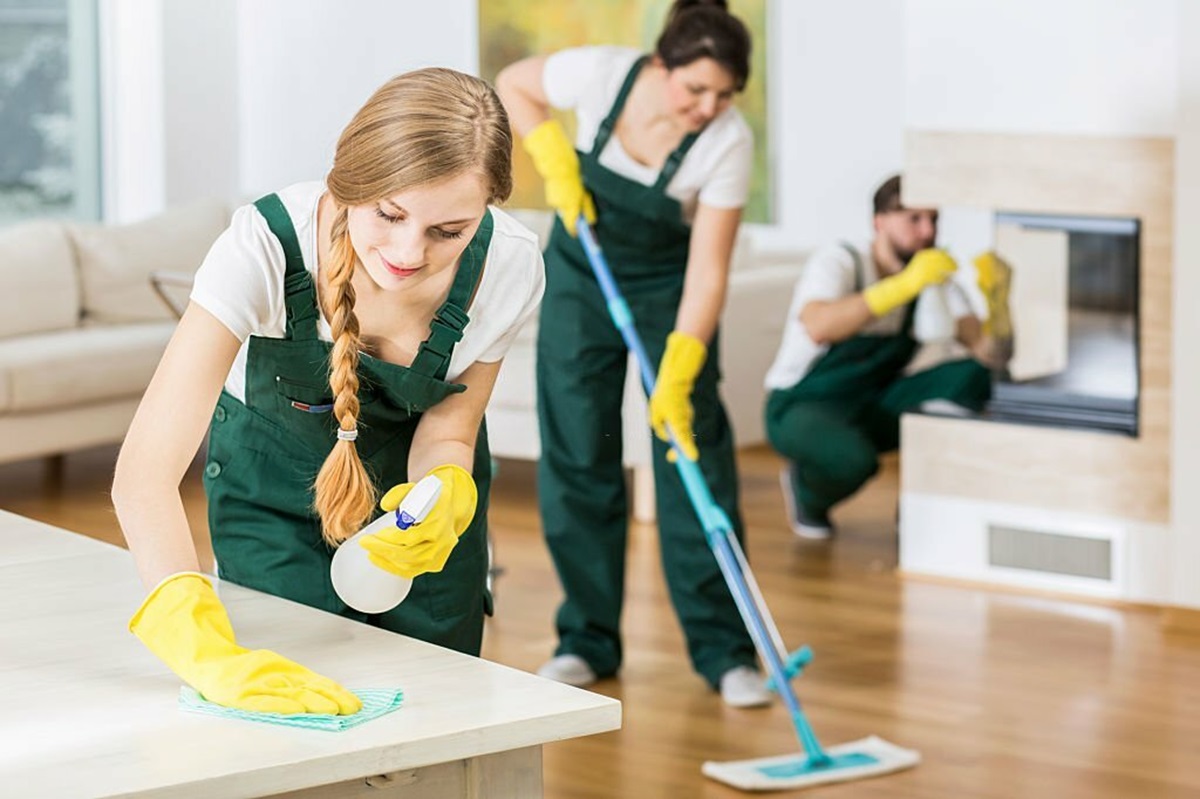
Have you ever wondered how professionals manage to make spaces flawlessly clean? Are you an NDIS participant looking for ways to improve the cleanliness and management of your living space? Have you ever thought about the proper practices and techniques that could make your NDIS cleaning routine more effective? If you answered yes to any of these questions, then this blog post is for you. In this comprehensive guide, we're going to explore 15 expert-recommended practices for National Disability Insurance Scheme (NDIS) cleaning. These tried and true techniques have proven to not only maintain cleanliness, but also promote a healthier and safer environment.
It's an overwhelming task to keep up with home maintenance, and for NDIS participants, the need for a clean and healthy environment is not just about comfort, but a necessity. Navigating the complexities of effective NDIS cleaning practices could be challenging, hence, we've compiled expert opinions, insights, and tips to make this journey smoother for you.
Understanding NDIS Cleaning: Why It's Important
When it comes to maintaining a clean and safe environment for NDIS participants, understanding the why is as crucial as knowing the how. A clean space is not only visually appealing, it also minimizes potential risks to health and well-being. Neglected areas can harbor dust, allergens, and harmful bacteria, thereby becoming potential health hazards. Moreover, the discipline and routine established through a good cleaning regimen serve to foster a sense of ownership and structure.
Starting Right: The Checklist and Planning Process
Getting organized is the initial step towards effective NDIS cleaning. Keeping a detailed checklist of all tasks and creating a plan that splits these tasks over several days can reduce the heaviness of cleaning. Being methodical in approach and breaking tasks down into manageable chunks can make even the most daunting cleaning task seem manageable.
Choosing NDIS-Certified Cleaning Services and Products
The selection of cleaning products plays a vital role. Not all cleaning products are created equal, and some may even pose potential health hazards. It's essential to choose non-toxic, chemical-free products that are thoroughly tested and are NDIS-approved. Furthermore, hiring NDIS-certified cleaning services can ensure professional and high-standard cleaning.
The Power of Deep Cleaning: Often Overlooked Areas
While regular cleaning forms the backbone of a tidy space, deep cleaning tackles areas often overlooked, like under furniture, behind cabinets, or the inside of appliances. Regular deep cleaning can prevent build-up of mold, mildew, and lingering odors.

Cleaning with Care: Special NDIS Considerations
NDIS Cleaning participants may have particular health conditions or sensitivities. Thus, it's crucial to customize the cleaning process or the products used to avoid causing discomfort or health issues. Comfort, safety, and cleanliness should always be the topmost priorities in NDIS cleaning operations.
The Environmental Impact and Sustainable Cleaning
Your cleaning regimen doesn't have to harm the environment. Embracing eco-friendly practices like minimizing water usage, recycling cleaning product containers, and selecting biodegradable cleaning products can cut down your carbon footprint, without compromising cleanliness.
Conclusion:
Efficient and effective NDIS cleaning demands planning, understanding, and dedication to the process. Integrating these 15 expert-recommended NDIS cleaning practices into your routine will not only transform your environment into a cleaner, safer, and healthier space, but it will also give you peace of mind. Embrace the journey of NDIS cleaning not as a chore, but an uplifting lifestyle practice that fosters well-being and dignity. Remember, a clean space is a healthy space!

No comments:
Post a Comment